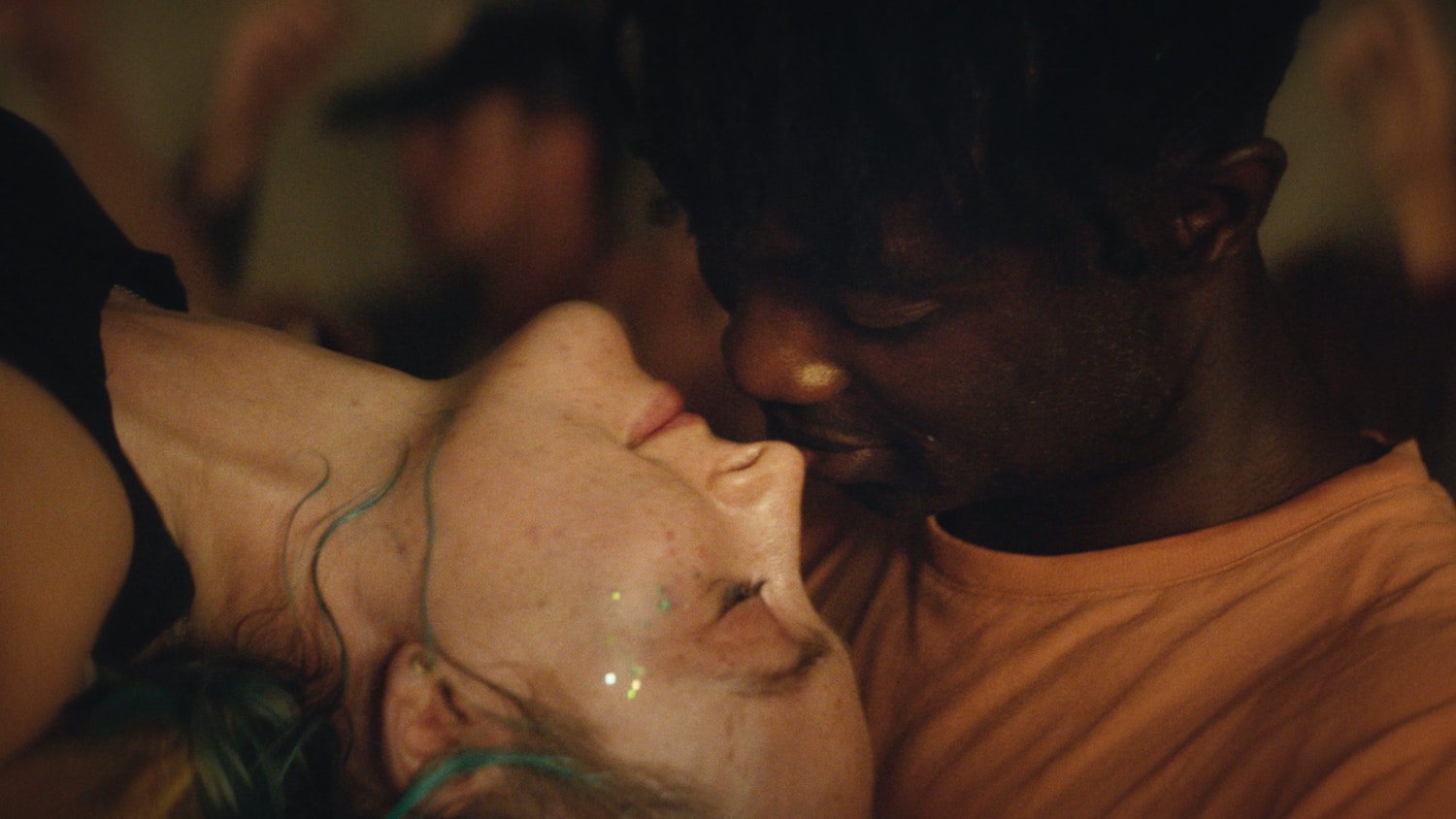The Outrun
Is there any young actor on a par with Saoirse Ronan? She seamlessly inhabits...

Is there any young actor on a par with Saoirse Ronan? She seamlessly inhabits every role, from her breakout as precocious 13-year-old Briony in Atonement to her spirited take on Jo March in Little Women. It’s no wonder she bagged four Oscar nominations before turning 30. To the surprise of nobody, she astonishes again in this flawed but engaging fictionalised adaptation of a memoir by Amy Liptrot, as Rona, a young woman on the long, painful path to sobriety.

In a magical opening sequence, director Nora Fingscheidt takes us beneath the waves of Orkney, a cluster of islands off the coast of Scotland. The sea is a vivid aquamarine, with curious seals peeping through forests of green and brown weed, while Rona recounts the myth of the selkie, creatures that transform from humans to seals. We then find Rona herself, dancing at an East London party. The scenes fuse, with Rona now dancing underwater, her blue hair lifted by the current, bubbles around her nose and mouth, entwined around boyfriend Daynin (Paapa Essiedu). These are the motifs of The Outrun — a split self in need of reconciliation, and memories intruding on the present.
Captures the bleak beauty of Orkney, all iron-grey skies and jagged cliffs.
Rona’s story is told in non-linear fragments and voiceover, flitting between her spiralling out of control in London and the early days of sobriety on her family’s sheep farm on Orkney. She blasts EDM in her headphones while feeding the animals, anything to block out the desire to drink. Her father (Stephen Dillane) has always experienced manic highs and depressive lows, and Rona has blatantly suppressed this childhood trauma with alcohol.
Shot on location, the film captures the bleak beauty of Orkney, all iron-grey skies and jagged cliffs. Rona finds solace in volunteering with the RSPB, reconnecting with the wild and lonely landscape, and eventually retreats to a monastic cottage on an even more remote island. Fingscheidt and Ronan are unafraid to show the profound misery of addiction, with upsetting flashbacks showing how her alcoholism drove her to destroy her relationship with Daynin and tear herself to shreds.
The film falters in its final third, which feels repetitive: do we need yet another scene of Rona looking out at the crashing waves accompanied by plodding voiceover? At almost two hours long, the pacing could have been tighter, with the story seemingly wrapping up well before she ensconces herself in the cottage. And yet Ronan is such a compelling, humane screen presence, it’s easy to forgive the sequences that should have hit the cutting-room floor.
What's Your Reaction?























